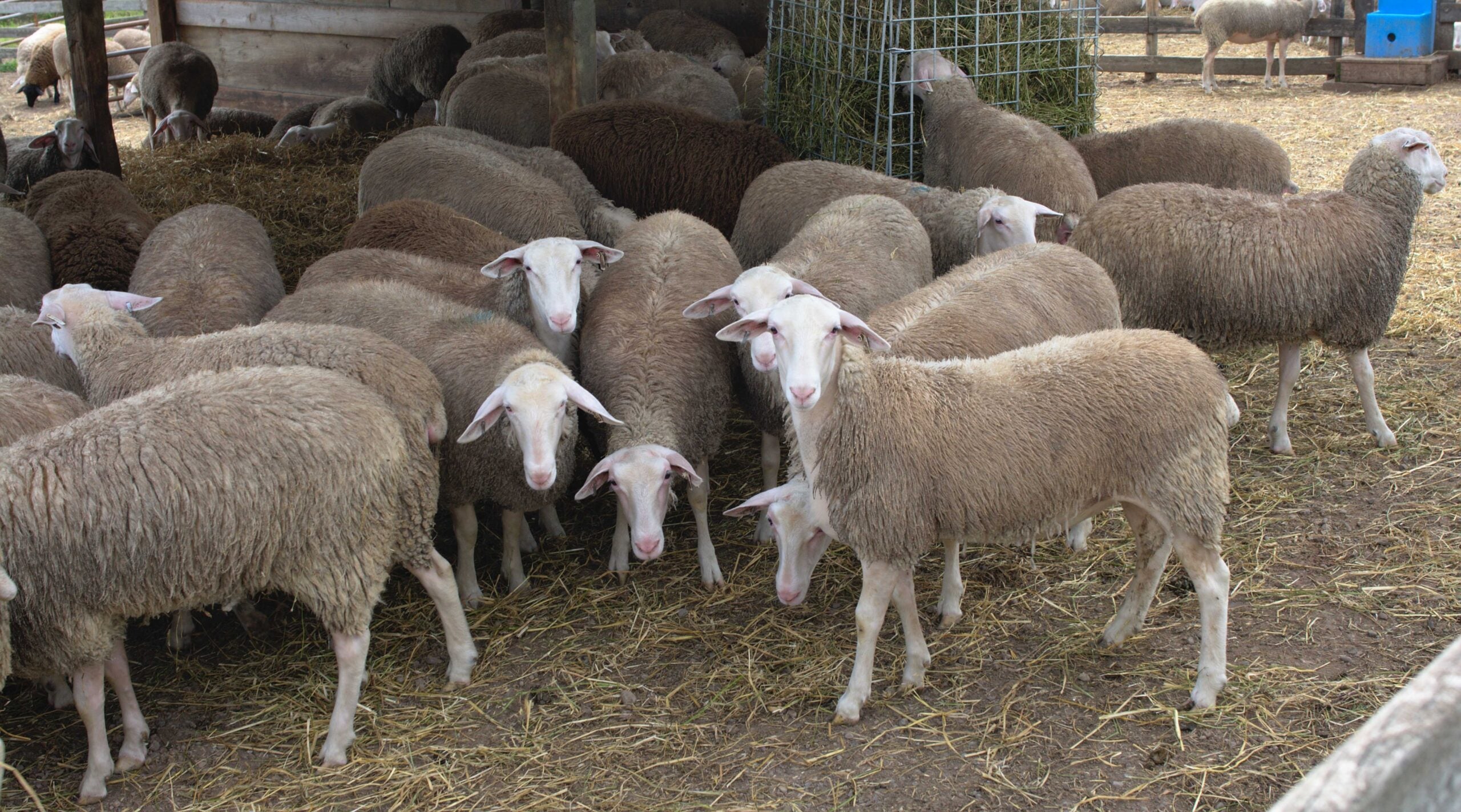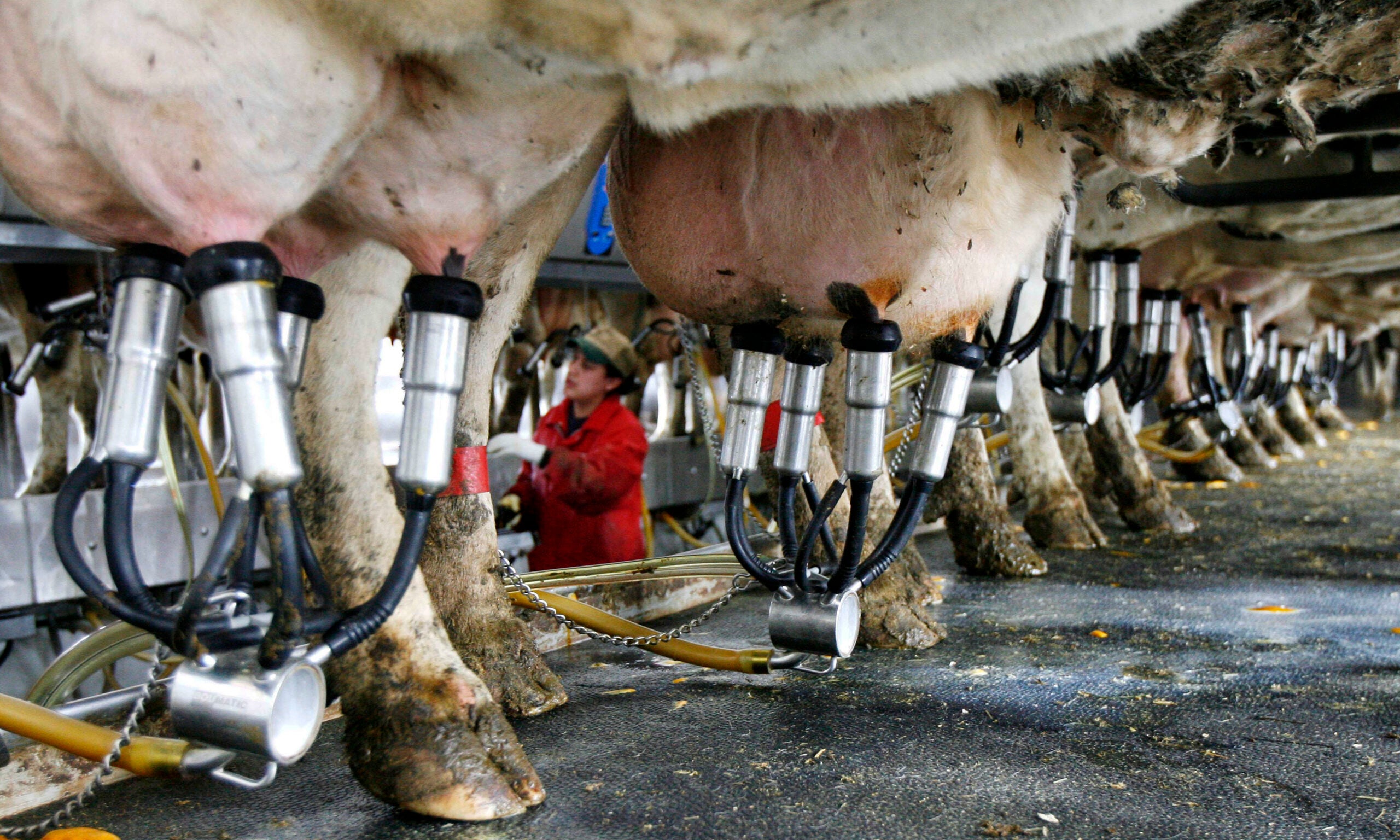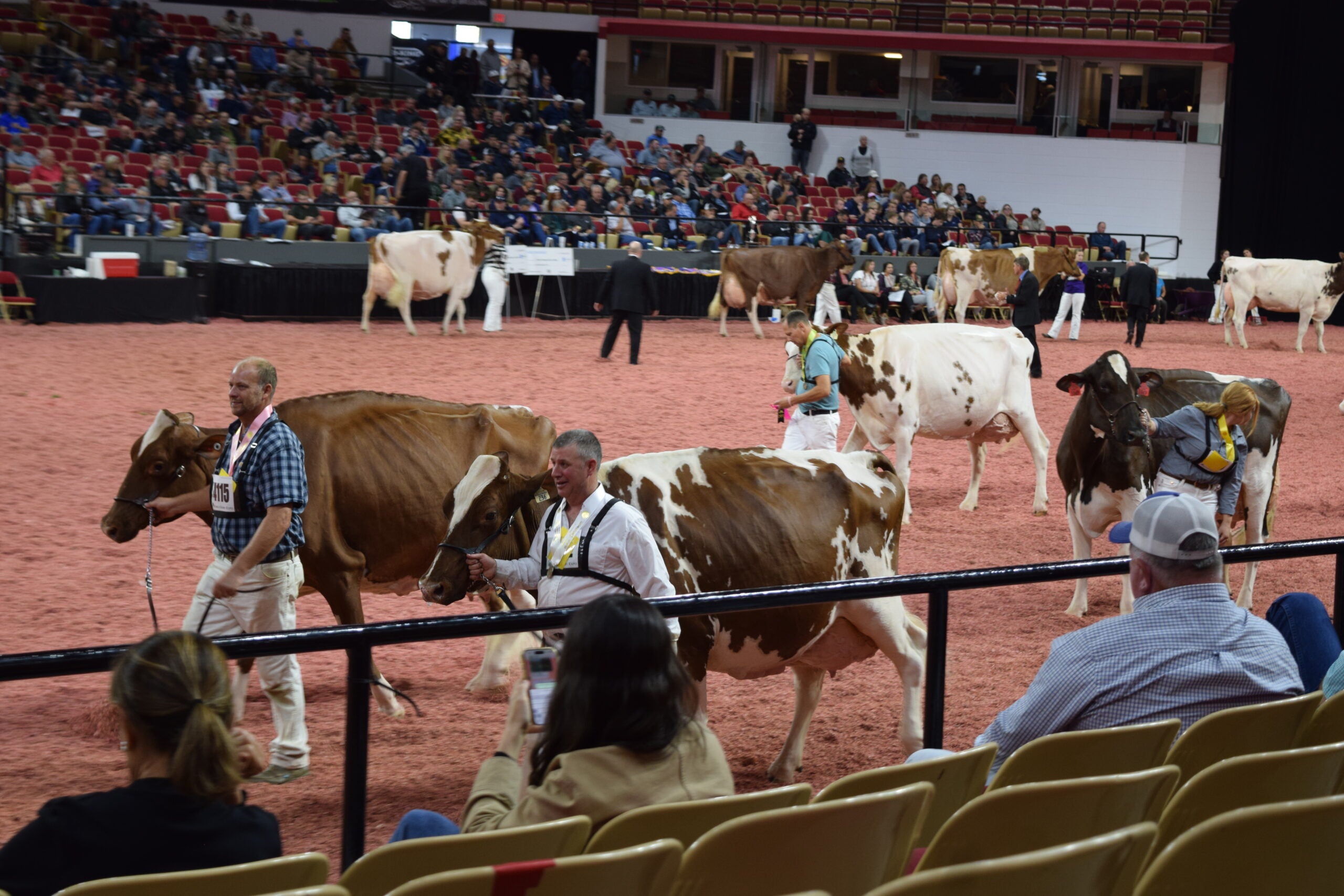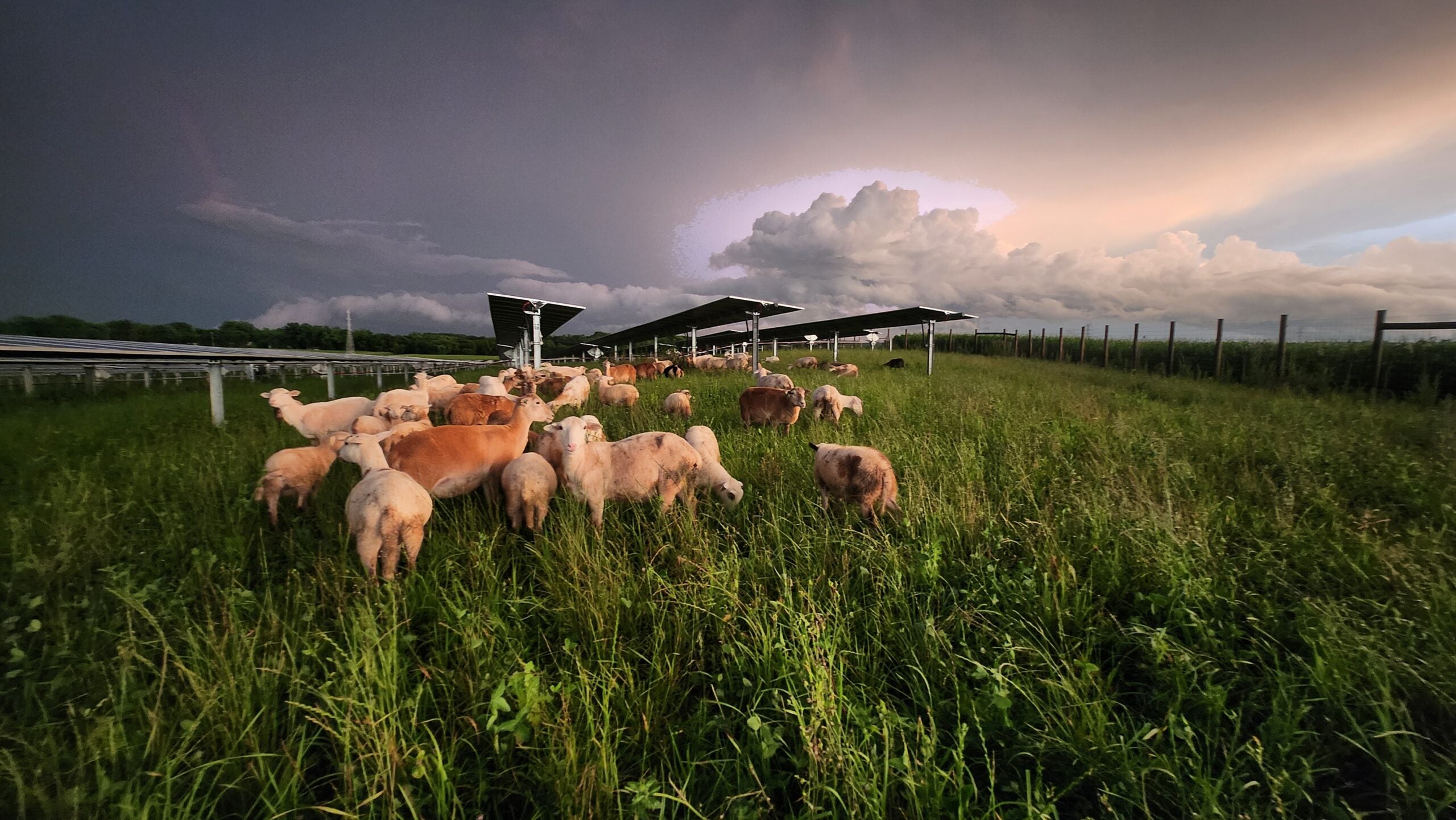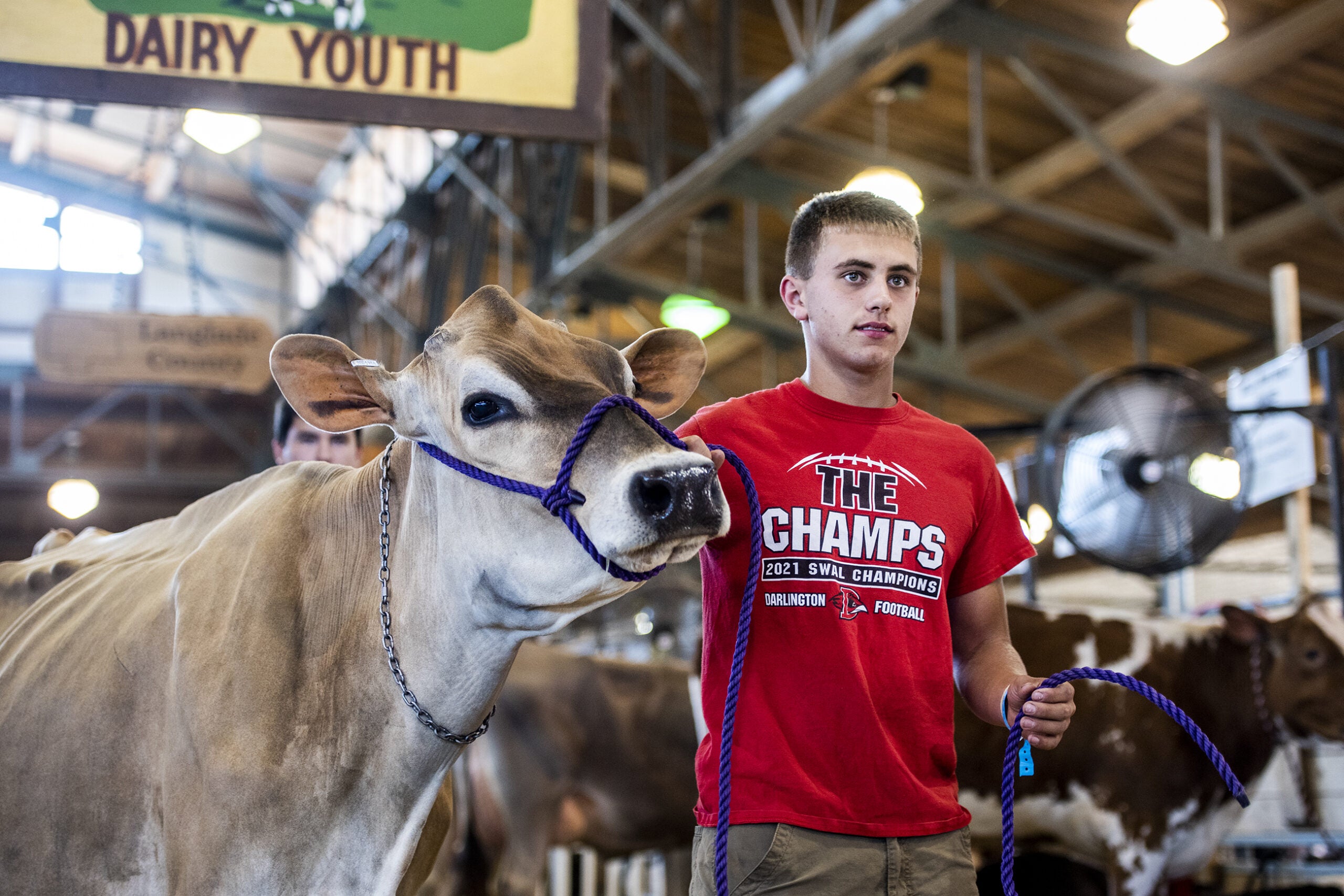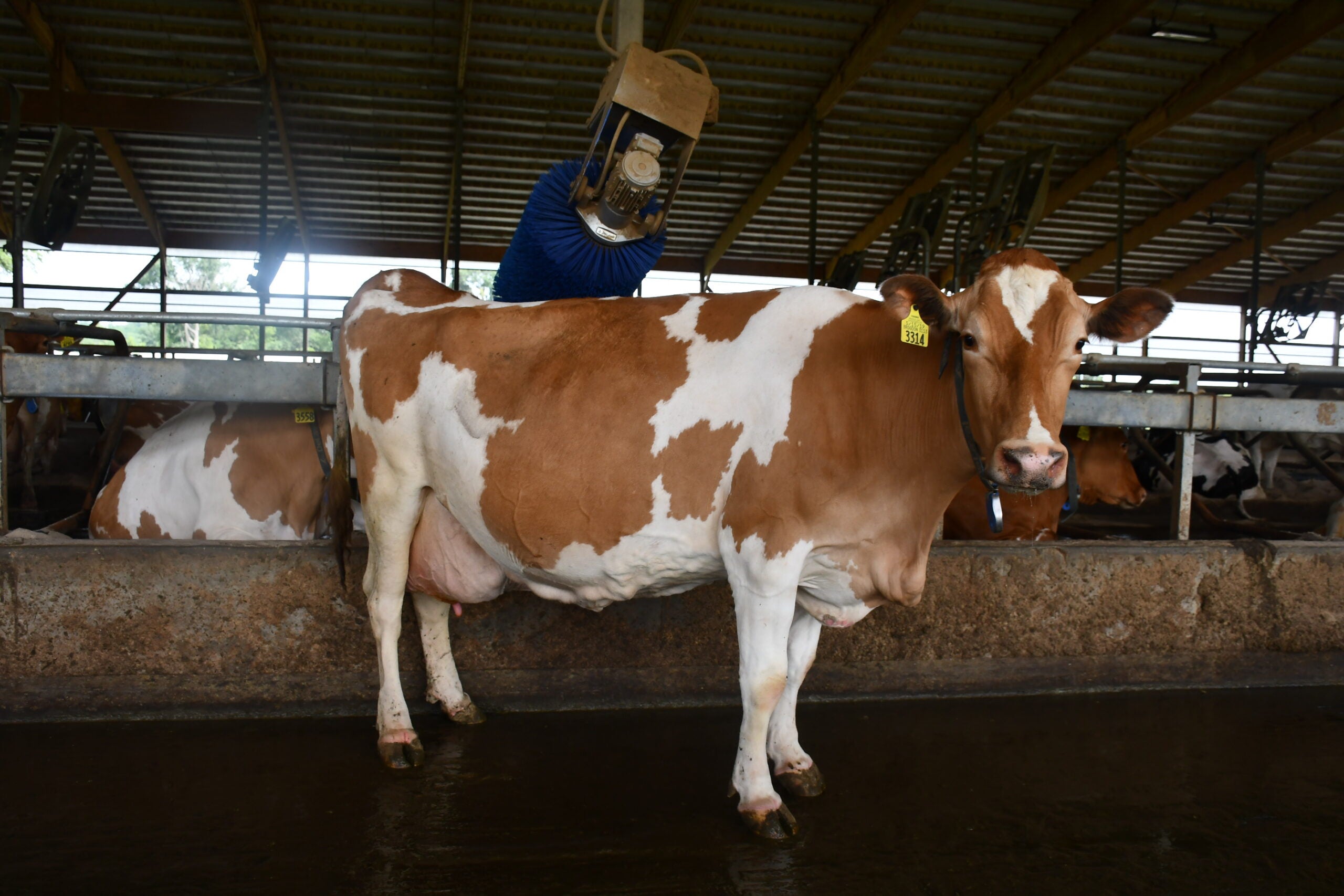David Thomas is looking over his life’s work at the Spooner Agricultural Research Station in northern Wisconsin. After 26 years with the University of Wisconsin-Madison, the professor of sheep genetics and management is retiring and the research station’s dairy sheep program is going along with him.
The university’s College of Agricultural and Life Sciences decided to end the program after being dealt a nearly $3 million cut as part of reductions in state funding to UW System.
“My position will not be replaced, and so it doesn’t make sense for the College of Agriculture to maintain a research resource 260 miles away from campus if there’s not going to be a researcher to utilize it,” Thomas said.
Stay informed on the latest news
Sign up for WPR’s email newsletter.
The Spooner Ag Station has been home to the only land-grant university in the nation researching dairy sheep. Thomas helped start the dairy sheep program in 1993 when the first European dairy sheep breed was imported to the United States.
“When we first started here with non-dairy sheep we got about 125 pounds of milk out of ewe in a lactation … Now, the milk production per ewe here with these high-percentage dairy sheep is about 800 pounds of milk a lactation,” said Thomas.
Thomas said their research has transformed the industry, even if it’s still largely a niche group. He said there are as few as 200 dairy sheep producers in the nation and less than 500 in all of North America.
In Wisconsin, there’s around 20. John Mayer is one of them. He has about 600 dairy sheep on his farm in Polk County. He came to the ag station for its last annual Spooner Sheep Day program where farmers learn the latest science on the industry.
“The thing that caught my eye about it is the nutritional benefits of the sheep milk,” Mayer said.
The last Spooner Sheep Day was the first for sheep farmer Brenda Boe. She’s been thinking about switching from meat to milk. Her family found it easier on their stomachs than cow’s milk.
“I think you can feel that when you drink it because we are craving it. That’s why I would get into it – at least to provide my own,” Boe said. Laughing she added, “You know, like a junkie that starts making their own drugs. It’s really good.”
Plus, sheep’s milk sells for four to five times that of cow’s milk in the state, according to Spooner Ag Station superintendent Phil Holman.
“One of the things that’s inhibited the dairy sheep from catching on more is it’s seasonality,” Holman said.
Holman said they stop milking in September and some producers can’t afford to take three months off. But, he has a list of 50 people interested in buying the ewes when they’re auctioned off Thursday, Oct. 13. Those who have kept sheep, like Pat Earley, say the Spooner program has been an invaluable resource.
“Hopefully, they’ll continue it in some form even though it may not be conducted here in Spooner,” Earley said.
College of Agricultural and Life Sciences Dean Kate VandenBosch said they can’t maintain the diversity of programs they once had as resources have dwindled.
“We still have 12 agricultural research stations around the state, but we’ve been cutting their budgets to be more in line with the resources we have today,” VandenBosch said.
UW Extension agricultural agent Otto Wiegand is skeptical the station will thrive without the dairy research program.
“A lot of ideas thrown around, but I don’t know if any of them are enough to keep the station going,” Wiegand said. “We’ll see.”
But, professor Thomas feels they accomplished what they set out to do.
“Even in a general grocery store, you see sheep milk cheeses produced in the United States. I think that’s a big sense of accomplishment,” Thomas said. “We have been instrumental in producing something that wasn’t ever there before.”
He said that gives him a lot of hope for the future of the industry.
Wisconsin Public Radio, © Copyright 2025, Board of Regents of the University of Wisconsin System and Wisconsin Educational Communications Board.

